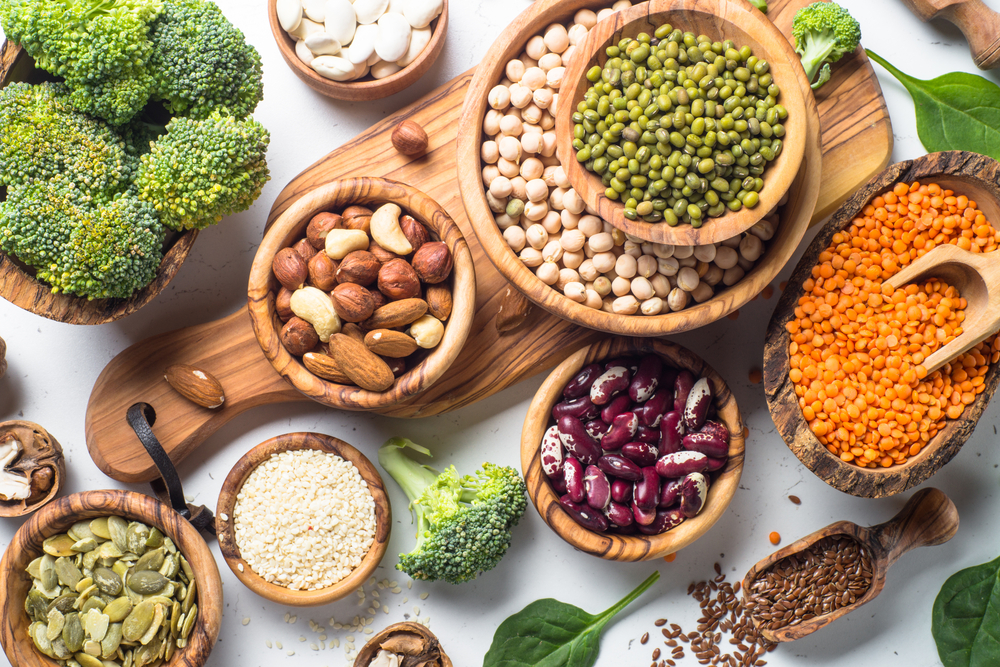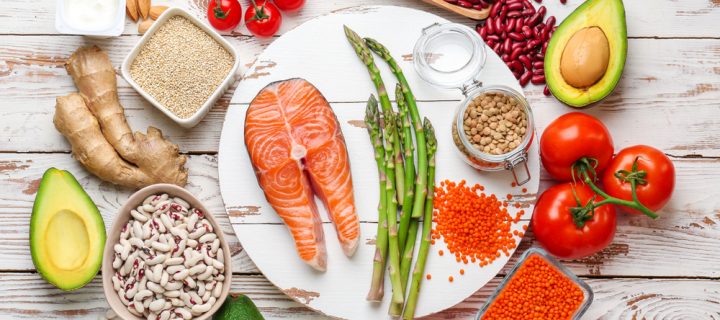Protein is a nutrient our bodies need every day, responsible for managing our appetite, building and repairing tissues, and supporting muscle and bone health.
And while prioritizing daily protein intake is good – experts suggest consuming at least 0.8 grams of protein per kilogram of your body weight – consuming very high amounts of the nutrient can lead to negative health effects.
Protein does help you feel full, but having too much would force your body to use more energy on digestion. In some cases, it may not even do that, and just store the extra protein as fat. In turn, you’d have to work that much harder in order to manage your weight.

High protein could affect other nutrients in your body, too. For example, eating low fiber amounts combined with high protein intake can lead to constipation and throw off your digestive health, according to Deccan Chronicle.
People with kidney problems can also worsen their condition with too much protein. It’s even been known to cause cardiovascular disease, liver and kidney injuries, seizures, blood vessel disorders and even death, according to Medical News Today, in some people. Very high protein can also contribute to cancer, osteoporosis and type 2 diabetes.
If you’re not sure if you’re consuming too much protein, these are some of the symptoms you may experience:
Symptoms of Excessive Protein
- Dehydration
- Diarrhea
- Headache
- Intestinal discomfort and indigestion
- Irritability
- Nausea
- Unexplained exhaustion
In general, the easiest way of avoiding too much protein is eating a balanced diet and managing your nutrient intake.
Photo Credit: Pixel-Shot/Shutterstock.com; nadianb/Shutterstock.com











